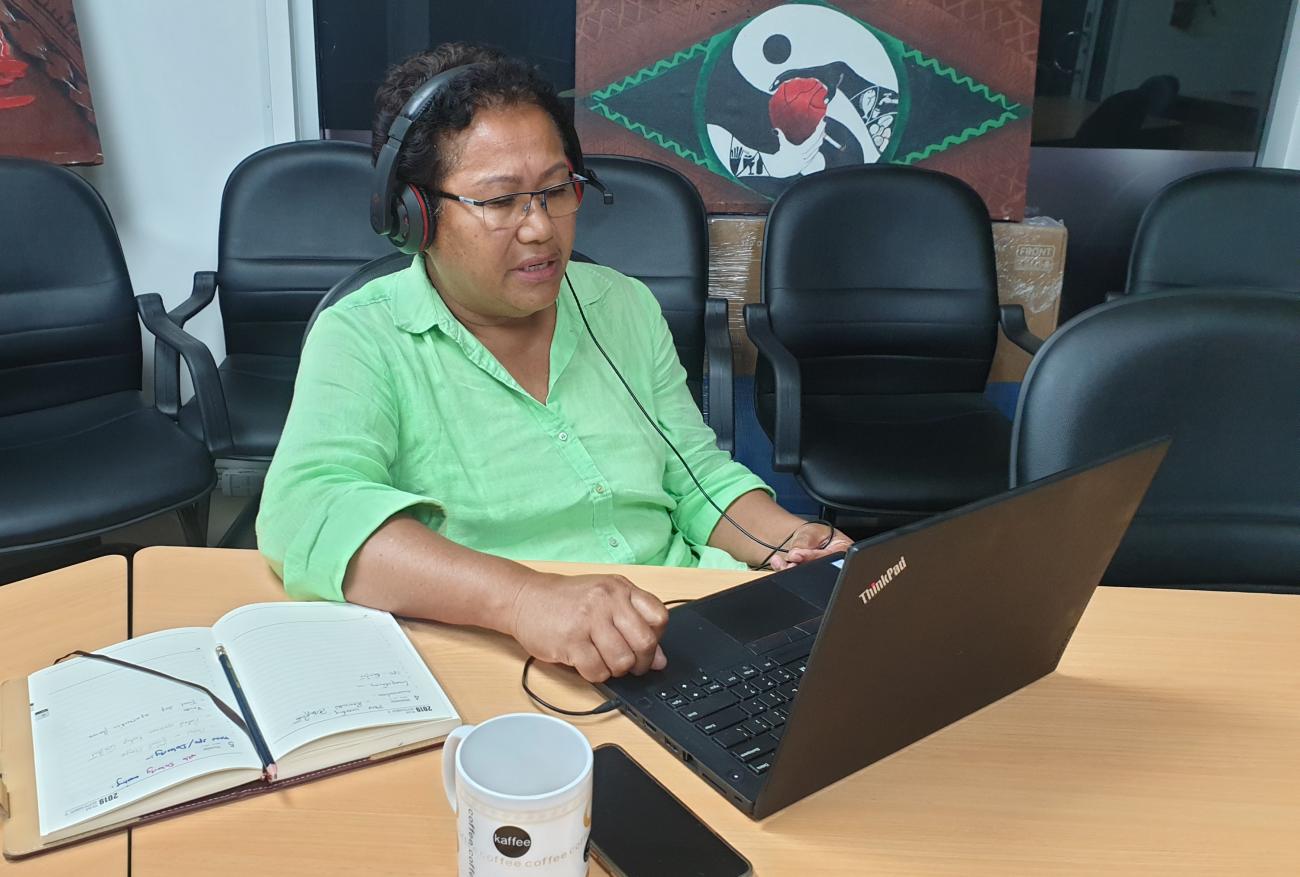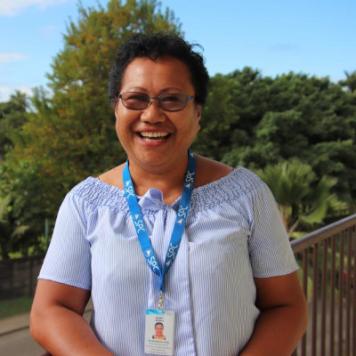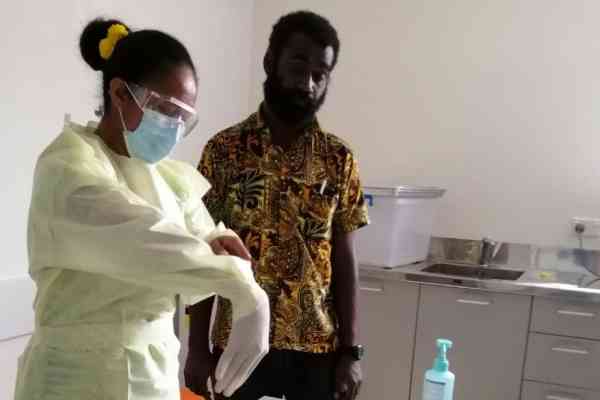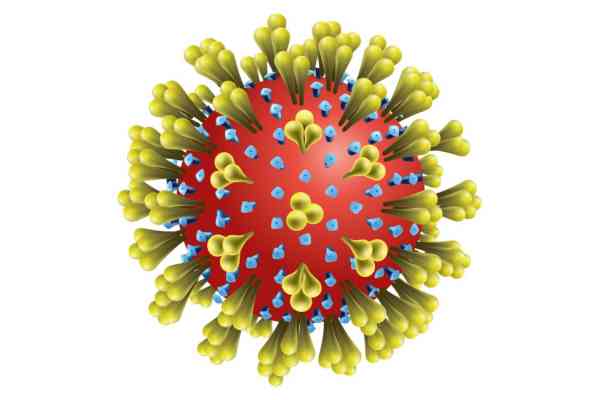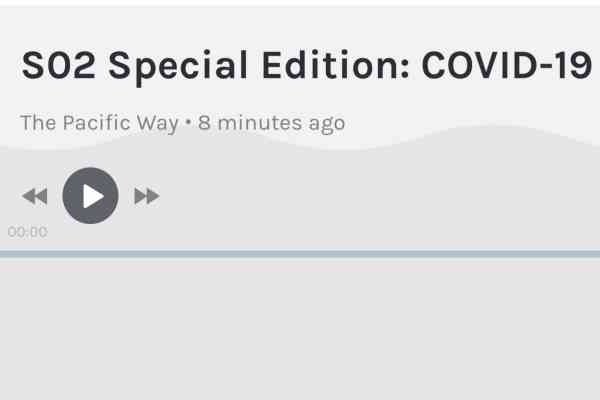(contenu disponible en anglais uniquement)
Quality surveillance and laboratory services at the heart of Pacific health strategies
Strengthening public health laboratory services is crucial to ensure timely, accurate and reliable diagnosis of emerging and re-emerging infectious diseases. The Pacific is now in a pandemic that requires diligent and reliable COVID-19 surveillance and well-equipped laboratory services so that lab results, analysis and epidemiology results are accurate, timely, and utilised. We asked Dr Eka Buadromo, senior laboratory adviser with SPC’s Public Health Division, about her critical work in this area.
I am the senior laboratory adviser at the Pacific Community’s (SPC), Public Health Division. I have been with SPC for 2 years but have worked in this field for more than 20 years. With SPC, I am supporting Pacific Island Countries and Territories (PICTs) and strengthen their surveillance and laboratory services.
During my career I have witnessed our Pacific public health surveillance and laboratory services steadily expand and improve thanks to the commitment from our people and the support of donors and partner agencies.
Prior to the pandemic, work to strengthen our surveillance and laboratory systems was already underway. For instance, we worked alongside our partners to strengthen PICTs laboratory quality management systems (LQMS). Since 2015, we were able to provide technical support to strengthen LQMS in 17 Laboratories including Divisional and Provisional laboratories in the region.
Our team also facilitated capacity development of staff. Safe shipping of infectious substances, boosting microbiology diagnostic in laboratories to strengthen anti-microbial resistance (AMR) and infection, along with prevention and control (IPC) where all a part of this training effort.
Currently COVID-19 testing is a regional priority. As a result we have provided training on SARS-CoV-2 testing with GeneXpert to monitor effective supply and usage at country level. We also help to ensure that SARS-CoV- 2 test results are provided in a timely and quality assured manner to effectively guide response to COVID-19 and management of cases.
COVID-19 has not only changed the way we work today, it is challenging our overall approach to how we work in every area.
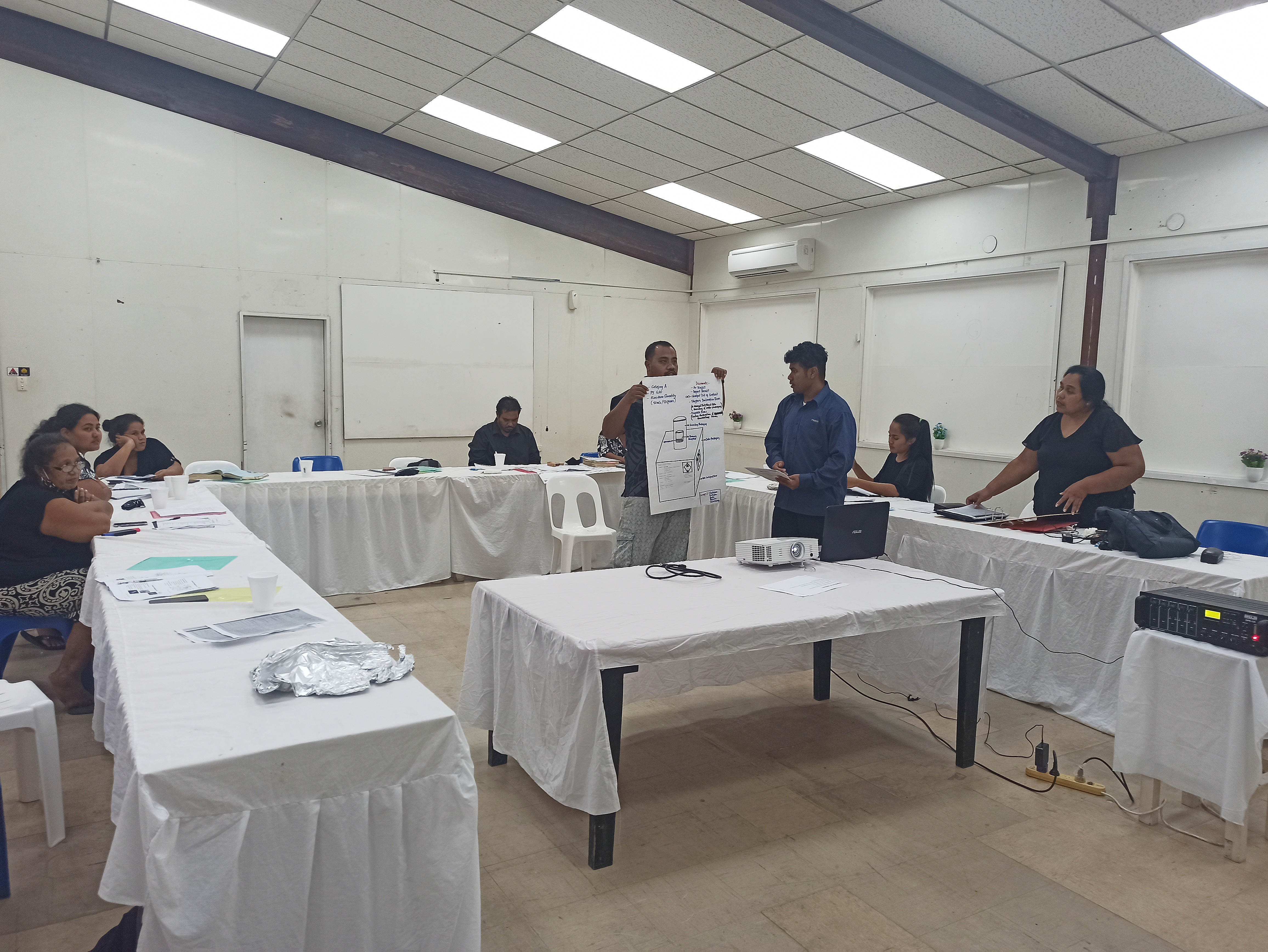 We are now able to provide virtual trainings, technical guidance and advice on the use and installation of equipment remotely. Internet can be an issue at times, but one advantage of virtual trainings is that sessions are recorded and can be reviewed later when required by PICTs.
We are now able to provide virtual trainings, technical guidance and advice on the use and installation of equipment remotely. Internet can be an issue at times, but one advantage of virtual trainings is that sessions are recorded and can be reviewed later when required by PICTs.
Recently we had 3 virtual microbiology trainings to strengthen AMR surveillance & control and IPC in Tonga, Tuvalu and Solomon Islands which was made possible through funding support from the Agence Française de Développement (AFD) and the European Union.
Betty Ramolelea who is an IPC nurse in Solomon Islands said the experience and confidence gained through this training will allow them to improve and meet IPC standards. The laboratory staff in Tonga expressed similar feelings on the new skills and knowledge the training provided.
PHD also facilitated a virtual training on shipping of infectious substance funded through AFD in Kiribati. As Kiribati is nearing completion of the refurbished RT-PCR Molecular Mobile Laboratory, laboratory scientists have found this training useful in the labelling and safe handling of infectious substances to be referred for further testing.
Apart from trainings, we have procured and provided 12 PICTs with GeneXpert testing machines purchased through the UNICEF-procurement system for COVID-19 emergency supplies. And of course, we ensured virtual trainings to assist laboratory and biomedical technicians with the installation and use of equipment has been provided.
None of this work would be possible without forming strong partnerships and collaborating to improve and strengthen Pacific public health. Thanks to the Joint Pacific COVID-19 Incident Management Team, our region has the infrastructure in place to build up our surveillance and laboratory services, in a way that benefits everyone.
Achieving the highest standards in Pacific public health surveillance and laboratory services is an ever-evolving task. New potential threats come up regularly, forcing us to re-examine our procedures and adapt. But thanks to the dedication of the Pacific health workers, and the support from our partners, we will continue to be proactive and flexible- meeting each challenge, continuously building our expertise, and helping to protect the health of all Pacific people.
About the PPHSN:
The Pacific Public Health Surveillance Network (PPHSN) is a voluntary network of countries and organisations dedicated to the promotion of public health surveillance and appropriate response to the health challenges of 22 Pacific Island countries and territories (PICTs).
PPHSN was created 23 years ago in 1996 under the joint auspices of the Pacific Community (SPC) and the World Health Organization (WHO) in close consultation with the 22 PICTs and several regional partners.
Its primary focus is communicable diseases, especially those prone to outbreaks, such as dengue fever.
Over the past two decades, PPHSN has done a lot of work to reduce the risks and protect Pacific populations from these diseases. The network includes six key services to support Pacific Island countries and territories with the surveillance and response to outbreaks:
PacNet (for alert and communication).
Pacific Syndromic Surveillance System (for outbreak detection)
LabNet (for disease verification and identification),
EpiNet (for preparedness and response),
PICNet (for infection prevention and control), and
SHIP-DDM (for capacity building and strengthening).
Useful links:
SPC website
PHD Website
